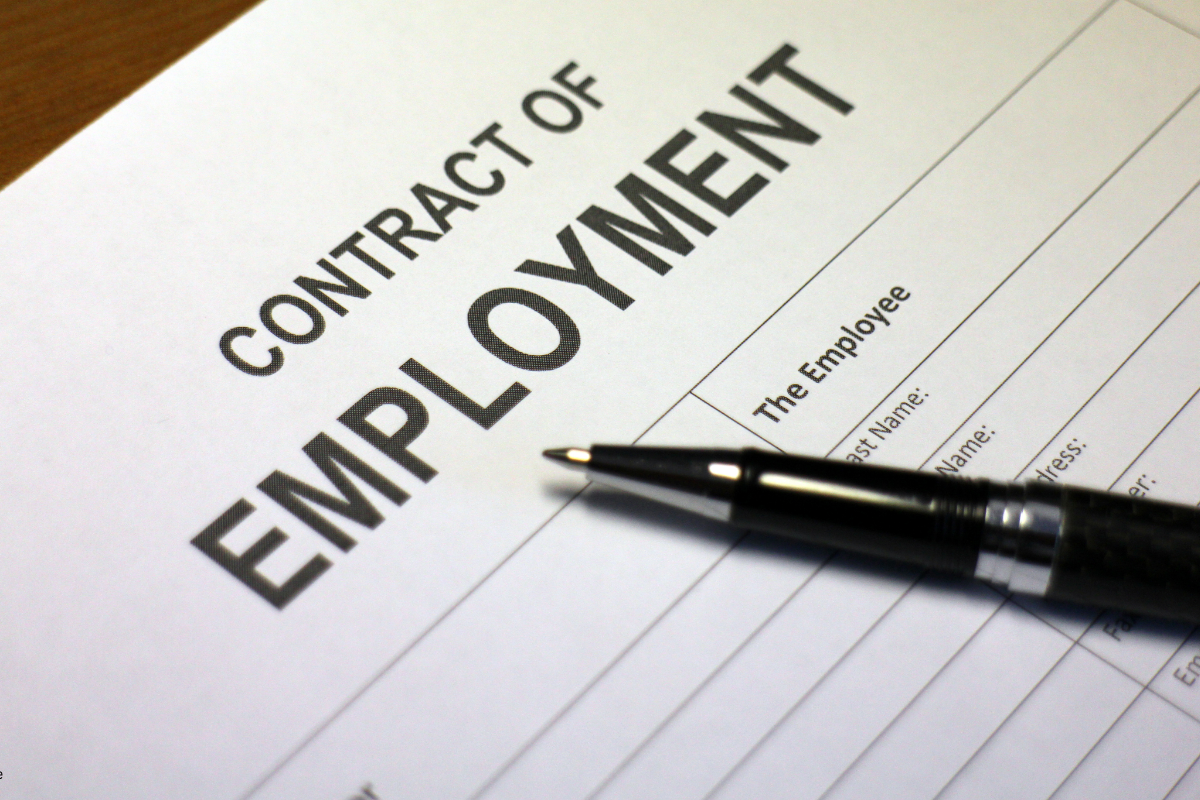Darwin demonstrated that human beings, like all species, must constantly adapt to change or risk disappearing. In agriculture, as in business, we adapt, changing in order to survive effectively in a competitive world.
In fact, change is the only constant. However, change for its own sake is far from beneficial, either economically or from a human perspective.
“How do we make sure that we are changing for the better?” my clients frequently ask.
One thing is certain. There are no guaranteed outcomes to any decisions we make. Nevertheless, the coaching approach provides us with some interesting questions we can ask ourselves about the prospective changes we think we must make, whether they are small (e.g. changing cellphones) or big (e.g. building a new barn or buying land).
Read Also

Employment Agreements Can Help Protect Your Farm
Entering into employment agreements with each of your farm employees should be at the top of every farm’s “to do” list, but caution must be exercised.
These questions may increase your chances of making successful changes. Try them out before making your next change!
First, ask yourself…
What will this change most improve in my life?
How does this change fit with my values, needs, and farm/life mission?
What results do I want? If I am in the process of changing, is it because I want a result different from my current situation? How am I going to measure that result? What methods will I use to gauge the success of this change?
How do I make the change? What resources are available to me to make this change, and what others will I need? Prepare a list of your resources, including time, money, materials, skills, etc.
How much time do I have? Do I want to make this change immediately, by the end of the month, or by the end of the year?
Do I have a margin of error? If I am mistaken about this change, what will be the consequences? Could I live with them? Are they irreversible?
What would happen if I did not change or did not make this particular change?
What are some alternatives to this change? Could I find some other solution that is less expensive in time, energy, money and risk? Sometimes people confuse the means with the end. They confuse the strategies with the bigger goals.
What are the advantages and disadvantages of these alternatives compared to this initial desired change? Prepare a pros and cons list.
What is the cost of this change? Cost includes every potential drawback, including stress (all changes produce stress), money, energy, time and more.
Am I really ready to pay the price for this change? How do I usually react to change?
Second, ask others…
Who else does this change affect? Have they been consulted? Are they involved in the decision? Are they willing? Don’t assume you know what they will say. Actually ask them.
What do they have to gain or lose?
What is the true cost of this change for them? Are they ready to pay it? Can they pay it?
Do my team and I have the resources to implement the change?
Every change has a cost. As humans, we have a limit to the number and nature of changes we can endure in a certain period of time. A change can be imposed by external factors or not (for example, if your house burns down, you have to build a new one). Change can also be pleasant or not, and it can be planned or not. When we perceive that we have made a decision and that we are in control of the change, and that it will be pleasant, we anticipate a more positive transition. However, we have to remember that every change introduces stress, even positive changes.
When we undergo change, our brain works hard. We plan, organize, evaluate, and make many more decisions than usual. All these CEO tasks require resources (glucose, oxygen, nutrients) from the executive part of the brain, the prefrontal cortex. Because these are limited resources, we become exhausted when faced with important changes. We suffer from what has been called “decision fatigue.”
Clients rarely tell me that their project (new acquisition, construction, expansion) was easier than they expected. People generally underestimate the time, energy and cost of a change. Perhaps we must be a little bit naive to fully invest ourselves in a new project. Who really knew what it would be like to be a parent? To be married? To run a farm?
The idea is to be realistic. We have to be prepared for change because the project that starts as a dream could become a nightmare.
After all, says Darwin, it is not the strongest of the species that survive, nor the most intelligent, but the ones most responsive to change.
















